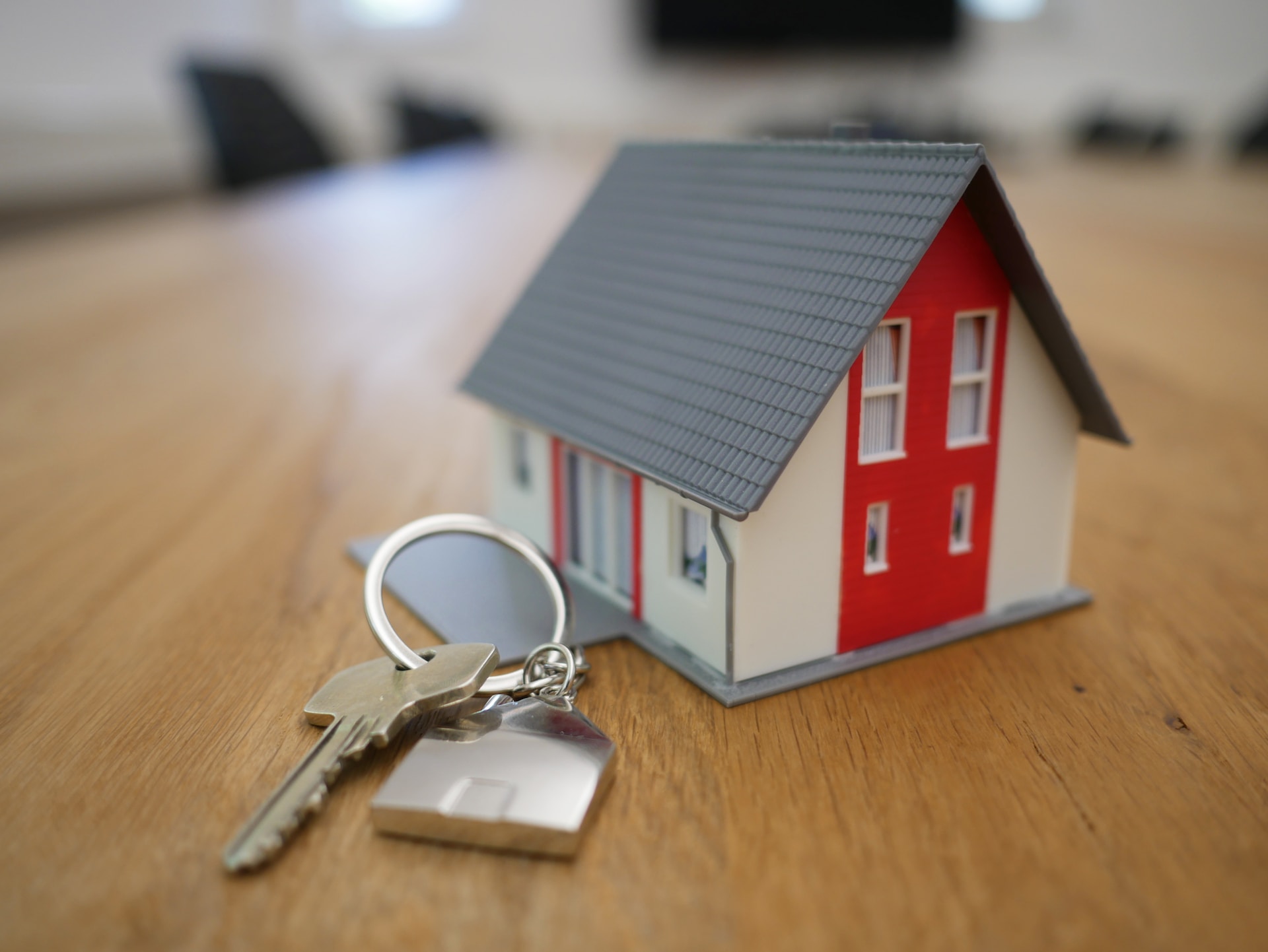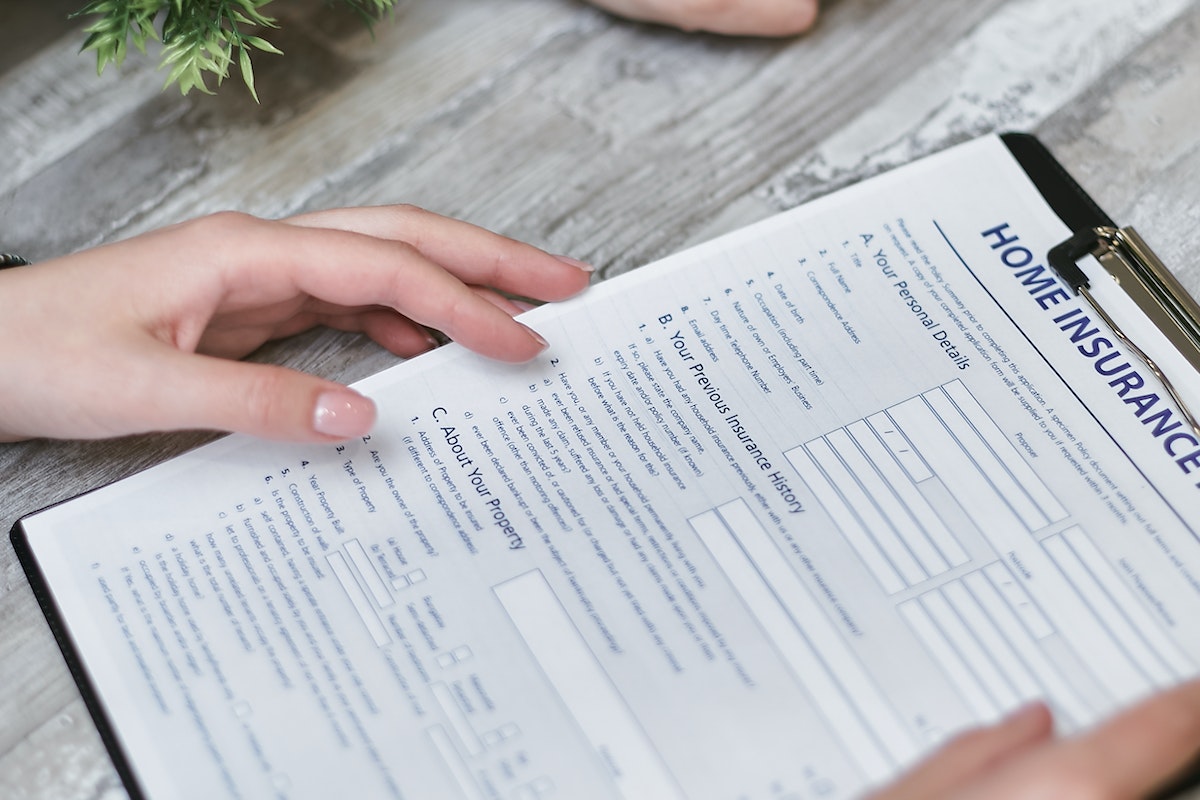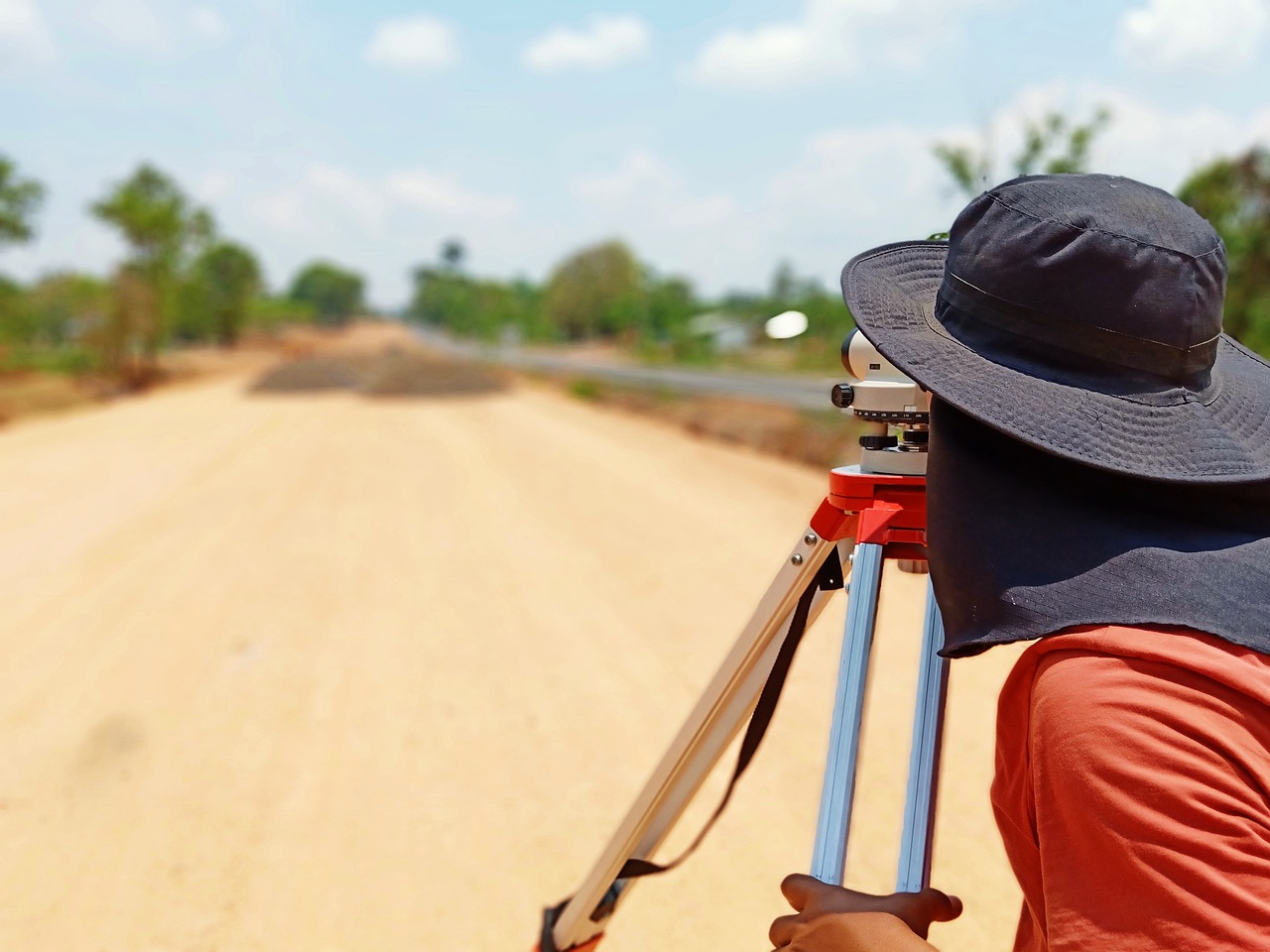
Buying a house is an exciting milestone in anyone’s life. It’s an accomplishment that deserves a pat on the back. However, a lot more comes with owning a home than just owning a piece of property. Many first-time homeowners don’t realize this and forget to include the hidden costs of homeownership in their budget. These costs include property taxes, maintenance, repairs, and unforeseen emergencies. They can add up quickly, causing unexpected financial strain. It’s essential to prepare for these costs to avoid sticker shock after you’ve purchased your home. So, before you start house hunting, ensure you’re ready to take on the responsibility of owning a home, not just the asset itself.
According to a recent survey, about nine in every ten homeowners who bought a home in the last three years admitted they’re pretty thrown off balance by the actual costs of owning a home. In that same survey, it was discovered that an average homeowner pays about $17,500 extra annually to cover other costs apart from their mortgage payments.
Honestly, it’s pretty easy to be thrilled by the idea of being about to become a homeowner that you’d not take all the extra costs that comes with that decision into consideration. To help you prepare for the extra costs of buying a house, here are 11 hidden costs of buying a home
11 Hidden Costs of Buying a Home Many New Homeowners Know Nothing About
Buying a new home is a big decision, especially if you’re a first-time buyer. So, before you get set to receive the keys to your new home, Ardor Homes Massachusetts urges you to factor in these unexpected costs when buying a house into your calculations. By so doing, these costs won’t catch you off guard.
1. Property Tax
Property taxes are one cost you’ll need to consider when buying a house. Although they vary greatly from town to town and home to home, they’re ongoing costs you’ll incur as long as you own a property. They’re taxes paid to the county or the local tax authorities where your property is located to fund things like local schools, infrastructure improvements, and the fire department.
While these property taxes are usually calculated based on the local tax rate and the assessed value of specific properties, they are typically pricey. These costs are often paid together with your monthly mortgage payments.
2. Home Inspection
Home Inspection is another extra cost you’d likely incur when buying a home. No one wants to max out their budget purchasing a home to discover that they’ll need to spend an unexpected sum to fix something in the house. That’s why a home inspection is essential.
A thorough home inspection will let you know if the house you want to purchase has any problems or has the potential to develop one. This inspection checks for issues like bad roofs, mold, old septic systems, etcetera.
3. Homeowners Insurance
If you’d be carrying a mortgage on your home, your lender will most likely require you to have homeowners insurance. Even if it isn’t a requirement for your lender, or you’re buying your house outright, having this homeowners insurance is also in your best interests.
That’s because it’s an insurance policy that covers your house and the belongings inside it in the case of a destructive event like a fire. However, it’s noteworthy that homeowners insurance doesn’t necessarily cover every natural disaster or catastrophic event.
For instance, some homeowners insurance doesn’t cover theft losses, flood damages, and earthquake damages. A clear understanding of what your homeowner’s insurance covers and doesn’t cover can let you know which additional policies to adopt for maximum protection.
Generally, homeowners insurance is a costly undertaking. However, you may need to do some extra work, like comparing quotes from different companies, searching for discounts, etcetera, if you want to get a reasonable rate.

4. Private Mortgage Insurance
Private Mortgage Insurance (PMI) isn’t a home-buying hidden cost as you’d be fully aware of it. However, since it’s one of the unaccountable costs of home buying, we’ll discuss it too. PMI is an insurance you may need to pay for when you don’t have the 20% down payment required for a home purchase but want to own a home. This insurance, although pricey, may help you get the loan you need to finance your home purchase.
PMIs cost about 0.58% to 1.86% of the original loan amount annually, payable through a monthly premium, a one-time upfront premium, or both. You can check your Loan Estimate and Closing Disclosure documents for the exact costs of these premiums.
5. Homeowners Association Fees
Homeowners association fee is one hidden cost of buying a house that many people don’t discuss. Usually, when you purchase a home in a neighborhood, you may need to pay fees monthly to the neighborhood homeowners association (HOA). These HOA fees typically vary based on location and your home type.
HOA fees cover trash and snow removal, neighborhood fees, community pool or playground maintenance, and other maintenance within and around your community. Before buying your home, enquire if it comes with homeowner association fees and the payment frequency (monthly or yearly).
6. Closing Costs
Closing costs are part of the hidden expenses when buying a house, and it’s mandatory for most home purchases. While your focus may be on paying your down payment, you’ll also need to account for title insurance, broker fees, pre-paid property taxes, and many others.
Closing costs are all the fees you’ll have to pay when the property title is transferred from the seller to you (home closing). These costs may include loan fees, appraisal fees, title fees, title searches, title insurance, deed recording, underwriting fee, escrow account deposit, discount points, and credit history report charges.
When calculating closing costs for properties, many factors come into play. However, closing costs can be between 3% to 6% of your home purchase price.
7. Impact Fees
Impact fees are one of the hidden costs of buying a new build home. Newly constructed homes in any vicinity attract new residents, which can strain the infrastructure and services readily available, like water and sewerage, police and fire protection services, schools, libraries, roads, etcetera. Hence, impact fees are charged to help cover the cost of such strains.
Usually, the local government charges these impact fees on property developers. However, many property developers have found ways to pass them on to buyers. So, if you’re buying a newly constructed home or houses less than ten years old, you’ll most likely pay impact fees on such properties. On the plus side, impact fees are one-time charges.
8. Land Survey Costs
Typically, when you purchase a new property, you’ll need to pay a surveyor to do a land survey so you can clearly understand where your property begins and ends. That way, you can quickly know what parts are yours legally. While land disputes these days may not be as rampant as many centuries ago; everyone needs to know who legally owns what and where their property begins and ends.
Staking out and measuring your land is only one aspect of a land survey. Surveyors will also need to check if the information they got from their survey aligns with the historical and public data available for that property and process an information update if required. Although the public copy of a recorded land survey can easily be found at a building department or land recorder office, the surveyor may need further research, which may cost you more.

9. Maintenance Costs
Another hidden cost that can strain your wallet is the cost of your new home maintenance. Your new home may be in great shape when you purchase it, but it’ll require routine maintenance to ensure it stays that way.
Some routine maintenance you may need to conduct on the interior and exterior of your new home include; landscaping, pest inspection and control, mowing, mulching, pressure washing, gutter cleaning, filter replacements, shoveling, lighting, and security system.
When you don’t attend to these maintenance activities regularly, they may compound into bigger issues, resulting in unexpected home-buying costs and making you spend your emergency fund. That’s if you have such funds. Even if you do, spending it on problems that can be avoided isn’t exactly wise.
On the plus side, most of these maintenance projects are the ones you can handle on your own. So whenever you have time, you can tackle some of them to save money. Otherwise, budget some money monthly to pay for the maintenance.
10. Utility
No one seems to talk about the cost of utilities. Before becoming a homeowner, you probably have gotten accustomed to paying for some utilities like electricity, internet, water, cable, sewage, etcetera, while renting, which you may likely share with others. However, when you become a homeowner, you must cover all the costs of running your home alone.
Therefore, expect your utility costs to go up. For one, you most likely would be moving to a bigger space which means more cost to heat or cool the house, more extra lights so more electricity, a bigger yard so more water bill in the summer, etcetera. The location of your new home can also affect the cost of your utility bills.

11. Emergency and Miscellaneous Expenses
It’s impossible not to make some emergency expenses when you’re a homeowner. Your water pipe, may break down. Your furnace may stop working on a cold morning, and your roof may develop issues.
When something goes wrong, you’ll either need to repair or completely replace it. Whatever way, there’s a cost attached. Also, as a first-time home buyer, you may overlook certain expenses like moving costs which can also cost much.
Having an emergency fund to cover emergency and miscellaneous expenses when they occur can be very relieving. This money will not only prepare you for any uncertainties; it’ll also keep you out of debt.
The Bottom Line
Buying a house is undoubtedly one of the most significant investments you’ll ever make, but it’s essential to remember its additional and hidden costs. There are many expenses beyond the down payment and mortgage; unfortunately, most first-time buyers overlook them.
For example, you may need to pay for an appraisal, home inspection, and other closing costs like title insurance, survey, and attorney fees. It can be overwhelming to consider all these expenses, but by being mindful and planning for these additional costs, you’ll be able to budget better and avoid financial surprises. Remember, the more prepared you are, the better off you’ll be in the long run.
Buying a home is a big move but not quite an easy one. One uninformed move can see you making the wrong choices and starting a cycle of endless bill payments or debt.
At Ardor Homes Massachusetts, you won’t be making any uninformed moves. Our team of dedicated and professional real estate agents will walk you through the ropes of buying your first home, explaining all the costs you may incur so that you can prepare adequately. Feel free to get in touch with us today.
FAQs
Are the Hidden Costs of Buying a Home Avoidable?
While some unexpected home-buying costs like PMI are avoidable, others aren’t. However, you can always prepare adequately for the ones that aren’t avoidable so they won’t catch you unaware.
Is Buying a Home Worth It With Various Hidden Costs in the Picture?
Buying a house has always been a good decision whether or not hidden costs are in the picture. However, being fully aware of the extra costs when buying a home will prevent you from buyer’s remorse. That’s because you’ll be expecting these costs and have a plan to pay them conveniently.
What’s the Best Way to Identify Potential Hidden Costs of Buying a House?
The best way to identify and acquaint yourself with the potential hidden costs of buying a house is by working with credible real estate agents. You can find some of the best real estate agents with your best interest at heart at Ardor Homes Massachusetts.

In her 25-year career, Steph Wilkinson has been involved in the acquisition, marketing and sales of over $3 Billion dollars of residential real estate. A number of years ago, Steph transitioned into Brokerage Leadership for National real estate brands and tech start-ups. She has served as a Business Strategist for real estate agents and brokerages alike and is also a real estate coach and trainer. In her new role with the Iconic Team, Steph will be responsible for the growth of the team and will be working with all of our agents to increase their productivity and bottom line.




